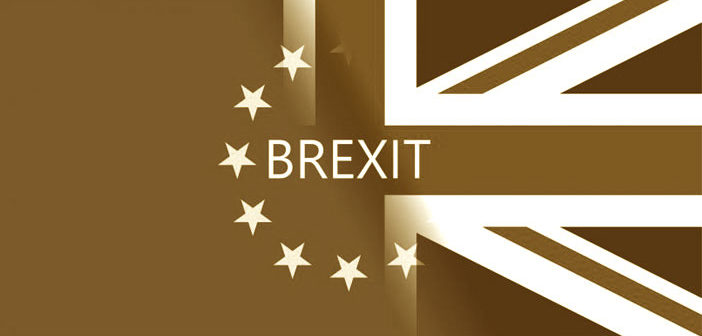England absorbs 5% of our exports as we observed in this article.
As a result of the brexit, trade between England and Italy could now cost more, at least in fiscal terms.
In particular, for Italian companies that operate commercially with the United Kingdom, Brexit could entail, in a soft version, the materialization of an extra tax, equal to 2%, as a minimum estimate. In the worst case, that of a Brexit hard, you could move up to 5% higher costs, if not more.
Of course, the food and the entire range of design and fashion would be penalized. London absorbs 5% of our exports and is the fifth country as a destination for our business. Furthermore, it must be borne in mind that thousands of Italian companies are involved in these figures, not only large but also small and medium-sized businesses.
Brexit could lead, in the soft version, to the materialization of an extra tax, equal to 2%, as a minimum estimate. In the worst case, a hard Brexit, you could move up to 5% higher costs, even more, since this is a minimum estimate for England.
The best solution, also for Italy, would be that of signing a partnership between the two future contractors, on the basis of which the regulatory and operational foundations would be established for the definition of an area, however, economically privileged between the two realities.
A solution that, however, sees the respective majorities sitting at the negotiating table against.
It is precisely in these hours that the most important steps in this operation are being decided which has already upset England’s policy several times.
Regarding what is going to be decided in the English rooms, it is Ansa who informs us that today a request is being made to the EU for a “short” postponement of Brexit compared to the deadline of March 29th.
Will they succeed, through a series of “technical” measures, to limit the inevitable damages caused by the exit of England from the European Union?
These are important hours.



